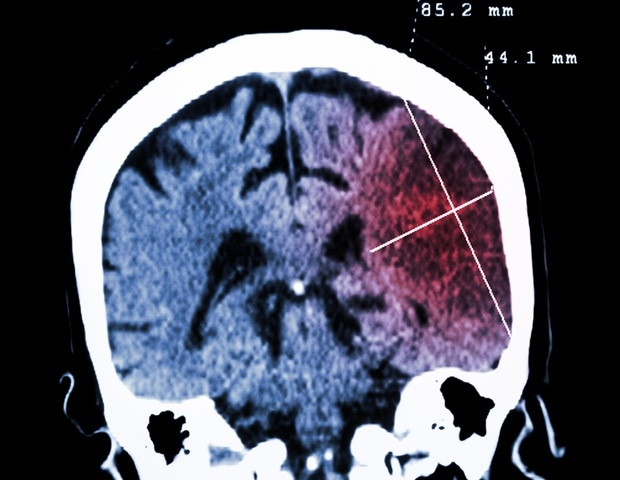
Experts are calling for a public health campaign aimed at promoting a 'brain-healthy lifestyle' to reduce the risk of developing neurodegenerative brain diseases, such as Alzheimer's disease and Parkinson's disease.
The campaign should support existing health promotion work by emphasising that "what is good for the heart is generally good for the brain," they urge.
In a report published by the Oxford Health Policy Forum today, they go on to talk about a 'window of opportunity' in midlife where individuals may be able to make the biggest difference to their risk of developing neurodegenerative disease or of delaying its progress.
The public education campaign should be underpinned by a coordinated research programme, which is aimed at developing clinical tests for identifying those at risk of developing neurodegenerative diseases? before signs and symptoms appear. Research to develop new treatments and other tests to facilitate earlier diagnosis must also continue, and health systems must prepare now for the time when such tests are available.
People need to understand the risk factors that can affect their brain health and what can be done to maintain it and to help prevent neurodegenerative diseases."
Gavin Giovannoni, Neurologist Professor, Queen Mary University of London
Giovannoni is Co-chair of the author group of a new evidence-based report, Time matters: a call to prioritize brain health.
The report summarises published evidence and the consensus findings of an international multidisciplinary expert group, including clinicians, researchers and representatives from patient advocacy and professional groups.
"Deterioration in the structure or function of nerve cells (neurodegeneration) begins many years before any symptoms become obvious. This means that diagnosis often occurs at a relatively late stage in the disease course, when substantial damage to nerve cells has already taken place," explained Dr Alastair Noyce, from Queen Mary University of London and Co-chair of the author group.
"We conclude that there is a '10-20-year window of opportunity' in midlife during which people can reduce the risk of developing a neurodegenerative disease or delay its progress. We cannot change our genetic make-up, but we can help reduce the risk of developing neurodegenerative diseases ourselves by taking exercise, keeping socially active, eating healthily, reducing alcohol intake, stopping smoking and keeping our brains active."
Neurodegenerative diseases are becoming more common as people live longer, but they are not an inevitable consequence of normal ageing. Worldwide, Alzheimer's disease affects about 50 million people and Parkinson's disease affects more than 6.1 million people; these numbers are rising.
"Planning for the healthcare structures of the future has to start now if we're to avert a crisis," stressed Professor Giovannoni. "Neurodegenerative diseases pose an enormous socioeconomic and individual burden, and this will continue to grow as the population ages."
The report sets out a series of consensus recommendations, including:
- improve public understanding of how to protect brain health through lifestyle measures - such as exercise and a healthy diet
- prepare for the likely increased demand for genetic testing by those wanting to understand their risk of a neurodegenerative disease
- provide access to available and effective treatments in a timely manner
- provide accessible holistic care, including prevention information, treatment options and support
- conduct research to identify accurate and cost-effective tests for disease detection and diagnosis
- develop, validate and approve tests, tools and apps for monitoring brain health.
Several professional associations and advocacy groups - including European Brain Council, Alzheimer's Research UK, Parkinson's UK and European Parkinson's Disease Association - have endorsed the recommendations.
Welcoming the report, Dr Hilary Evans, Chief Executive of Alzheimer's Research UK, said: "Evidence shows that what's good for the heart is good for the brain, but this message is yet to hit home with the public. Only a third of people think it's possible to reduce their risk of dementia, and we must do more to empower people with knowledge about the actions they could take to protect their brain health.
Alzheimer's Research UK wholeheartedly supports the timely and important recommendations of this report."
Representing the European Brain Council, Professor Monica Di Luca echoed the need for action and collaboration: "The European Brain Council has for years been highlighting the importance and cost of brain diseases. This report strengthens the case for governments to prioritise brain health and to prepare for the challenges that healthcare systems will face as the burden of brain disease continues to increase."
Time matters: a call to prioritize brain health was launched at the European Health Forum Gastein conference (the 'Davos' for Public Health) on Thursday 3 October.
Queen Mary University of London






No comments
Post a Comment